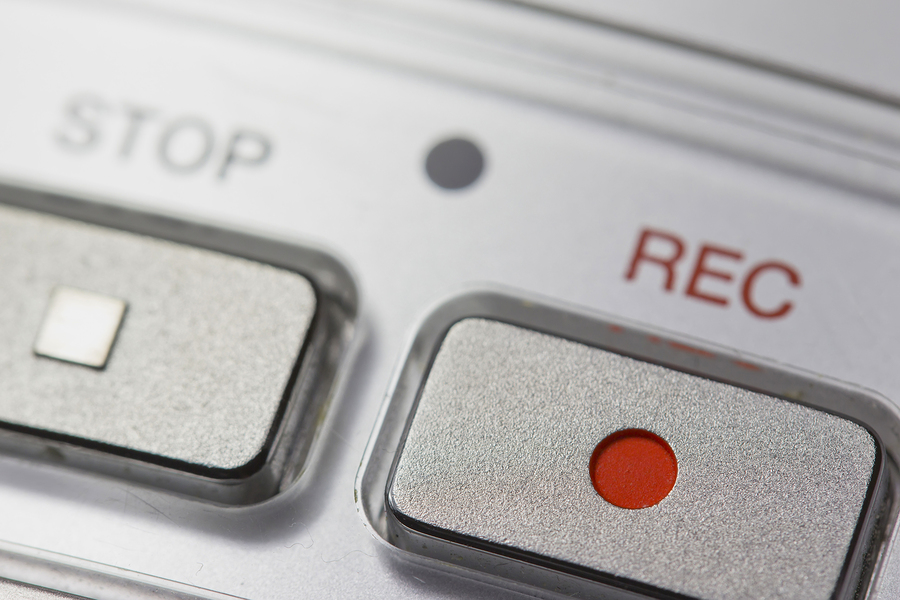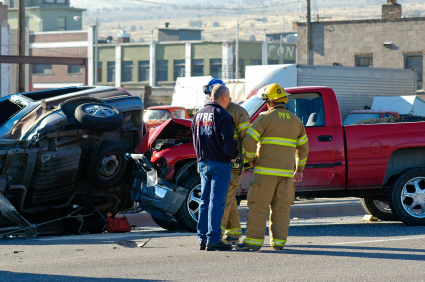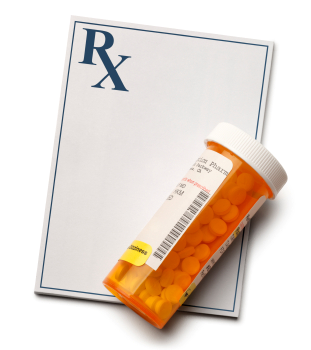Charles Village Street Collapse: Who is Responsible?
 I lived in Charles Village for most of Maryland life–we recently moved to Hampden, but Charles Village was where I lived during law school, two apartments, my first new home, and the infancy of our oldest daughter.
I lived in Charles Village for most of Maryland life–we recently moved to Hampden, but Charles Village was where I lived during law school, two apartments, my first new home, and the infancy of our oldest daughter.
By now, everyone knows about the collapse of the street at 26th Street between Charles and St. Paul streets. My wife called that area, pre-collapse, the most beautiful street in Baltimore. The rowhomes are idyllic, the greenery is perfect, and the whole area feels like a little island placed in the middle of Baltimore City. But now, it’s just chaos.
Residents have lost cars, and have been evicted from their homes while the City and CSX try to figure out what happened, how safe it is, and what needs to be done to get everything repaired. Locals will tell you that it’s too little, too late, and that there have been several complaints made over the years to the City and to CSX officials. The general consensus is that repairs to cracks have been piecemeal and little more than cosmetic fixes. Right now, the estimate is that residents will be displaced for about 40 days. There is a program to help ease the transition, but it’s certainly inadequate. There have been reports so far that automobile insurers are denying coverage for vehicles lost in the street collapse.
 Maryland Car Accident Lawyer Blog
Maryland Car Accident Lawyer Blog


 Attorneys are an argumentative bunch. We disagree on many things, so when we agree on something, you should take notice. Something we agree on–don’t give a recorded statement to the insurance company after an automobile collision. It doesn’t matter if it is your insurance company, or the negligent driver’s insurance company.
Attorneys are an argumentative bunch. We disagree on many things, so when we agree on something, you should take notice. Something we agree on–don’t give a recorded statement to the insurance company after an automobile collision. It doesn’t matter if it is your insurance company, or the negligent driver’s insurance company.  I’ve had a few sad cases recently. In each case, my client was injured in an accident. In each accident, there were other people injured, as well. My clients went to the hospital, and were treated for their injuries. Neither of my clients had health insurance. Neither of them had
I’ve had a few sad cases recently. In each case, my client was injured in an accident. In each accident, there were other people injured, as well. My clients went to the hospital, and were treated for their injuries. Neither of my clients had health insurance. Neither of them had  In Maryland auto accident claims, the victim of a negligent driver is entitled to recover the cost of all reasonably related medical expenses. For example, if a driver runs a red light and hits another vehicle, the emergency room visit for the other vehicle’s occupants should be paid by the negligent driver’s insurance company.
In Maryland auto accident claims, the victim of a negligent driver is entitled to recover the cost of all reasonably related medical expenses. For example, if a driver runs a red light and hits another vehicle, the emergency room visit for the other vehicle’s occupants should be paid by the negligent driver’s insurance company.  I don’t work for the insurance industry. Sometimes, I don’t like the insurance industry. We disagree about a lot of things, like to what extent my clients are hurt because of the negligence of their drivers, and what they should pay for it.
I don’t work for the insurance industry. Sometimes, I don’t like the insurance industry. We disagree about a lot of things, like to what extent my clients are hurt because of the negligence of their drivers, and what they should pay for it.